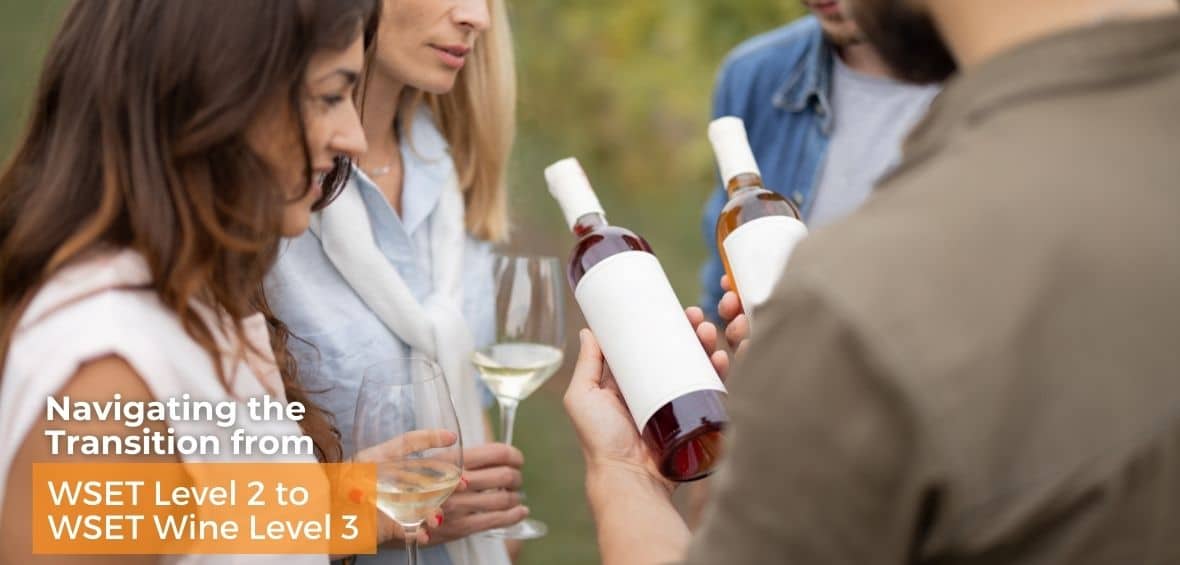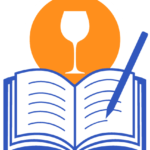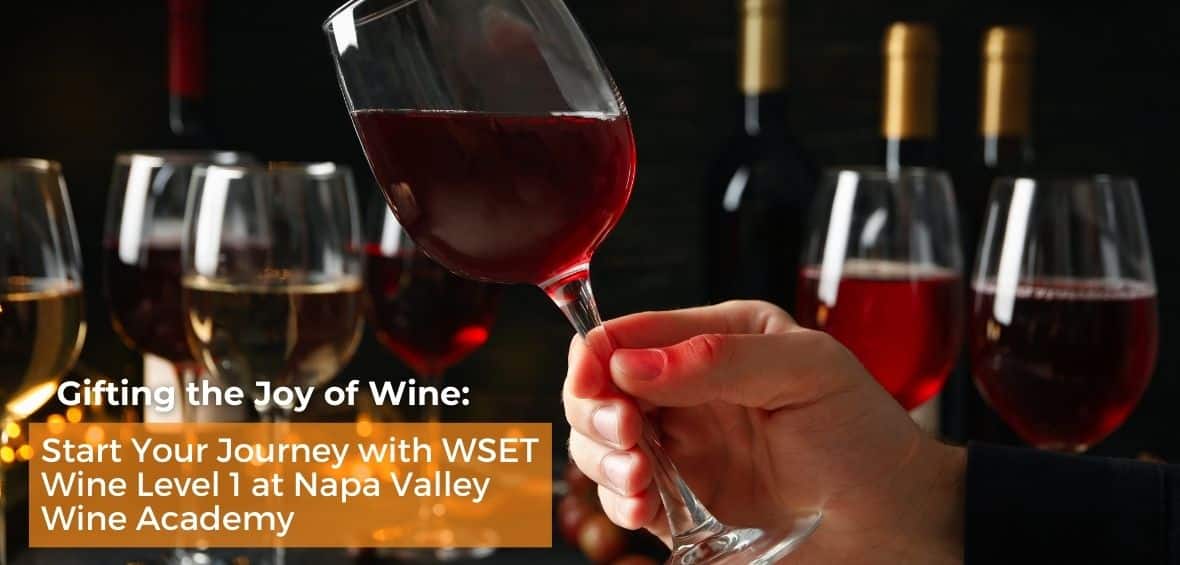by Tim Gaiser MS
This is part three in a five-part series of articles by Master Sommelier Tim Gaiser, which will appear consecutively here, on Pouring Points. Tim’s SommDay School Workshops are designed for students in the food, beverage, and hospitality industry who are just starting their Sommelier education journey, and ideal for those looking to further improve their service and tasting skills.
Theory is a vital part of any wine certification curriculum—and not just for exams. Knowing geography, grape varieties, wine laws, viticultural and winemaking terms, is mandatory to becoming an experienced professional. The challenge is that there is so much to learn. Thus the right study strategies are crucial for success—and for maintaining one’s sanity.
Here are 9 strategies for theory study for exams and beyond:
Strategy #1: Your Study Environment is Important
Try to study in the morning when your brain is fresh and hopefully rested. Find a relatively quiet place away from constant interruptions. Place your phone in a distant location where you can’t hear it much less see it. At the very least, resist the temptation to look at it every five minutes. I know it may seem hard to believe, but the world can actually live without you for 45 minutes.
Strategy #2: Study for Shorter Periods of Time
Most students think of studying in terms of hours spent hitting the books. I suggest thinking of theory study in shorter “modules” of 45-60 minutes. Study for longer periods of time and you run the risk of skimming over information and not retaining anything. If in doubt, cover less material but make it count; focus, read, and recall. Finally, when scheduling studies, plan on two-to-four modules a day to make the most effective use of your time.
Strategy #3: Warm Up!
Treat your study sessions like a physical work out. Begin any session by reviewing things you already know. Avoid at all costs starting a session by trying to memorize all the Premier Cru villages in Burgundy or the four strains of Saccharomyces yeast in Sherry flor. Warm your brain up for at least 10 minutes by reviewing things you’ve recently studied. Then get into the more difficult info that you’re in the process of learning. Remember 45-60 minutes for a session only. Take frequent breaks and do something completely unrelated to reading for at least 15 minutes before starting again.
Strategy #4: Reviewing vs. Learning
This is important: make the distinction between “reviewing” what you already know vs. “learning” something new. You actually need to remind your brain of the difference between the two—and often. If you don’t, your brain will constantly be tempted to massively generalize all the information as a giant tsunami of things you don’t know thereby creating an ongoing crisis mode.
Strategy #5: Geography Matters
Be able to go to any wine place on the globe and quickly find major geographical features such as rivers, lakes, oceans, and especially mountain ranges. Further, be able to speak to how these features help shape their respective climates and ultimately how that affects wine quality.
Strategy #6: Maps are Your Friends
In regards to geography, use maps extensively in your studies. The merest mention of a wine place/region and you should immediately see a map in your mind’s eye and then do a google earth zoom-in to the location. Then point to the location either internally or actually physically point to it an actual map. The combination of pointing and the movement of zooming in should then start a sequence of information about a region and its wine, beginning with general information and ending up with alcohol by volume numbers, yields if relevant, and any other important minutia.
Strategy #7: Chunk it Down: Use the Rule of Three
Our brains like the number three because it’s an easy number of things to remember easily. Connect bits of information about a wine in threes; then chain together several threes of information.
Strategy #8: The Golden Rule
If you can’t explain it you don’t really know it. You should be able to teach whatever it is you’re learning, even to the extent of being able to explain it to a non-industry person. That includes winemaking terms and wine laws. Could you explain the VDP classification to a friend? Could you explain biodynamics to your football buddies? If you can’t, then you don’t really know it.
Rule#9: There’s No Crying in Baseball and There’s No Cramming in Wine
If you think you can wait until a couple of months before an exam and cram all the information in, think again. While there may not be that many categories of information in wine theory, the variations can be staggering when considering the number of countries that produce wine, not to mention the different languages involved. It’s vital that you come up with a study plan early on and stick to it. Remember to review your study plan every couple of weeks to see if it’s working, and adjust it if needed.
Cheers!
Learn more about Master Sommelier Tim Gaiser’s SommDay School Workshops at Napa Valley Wine Academy.














